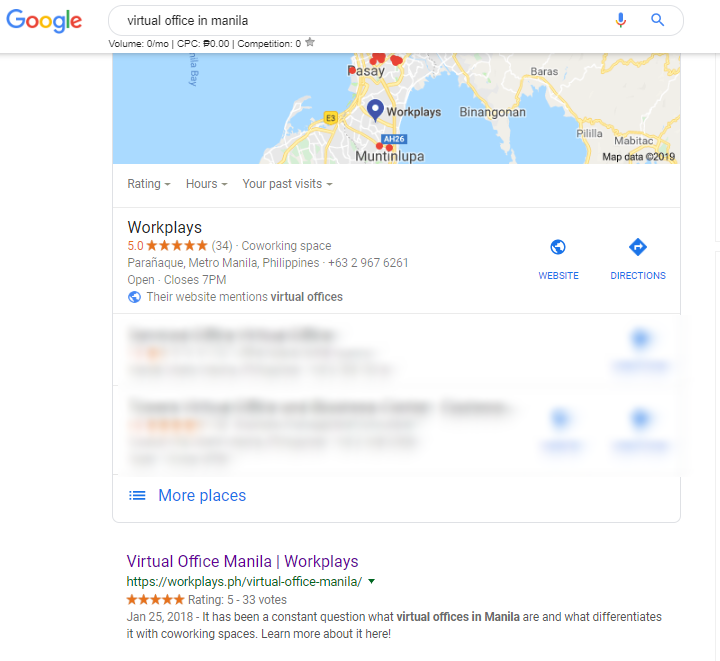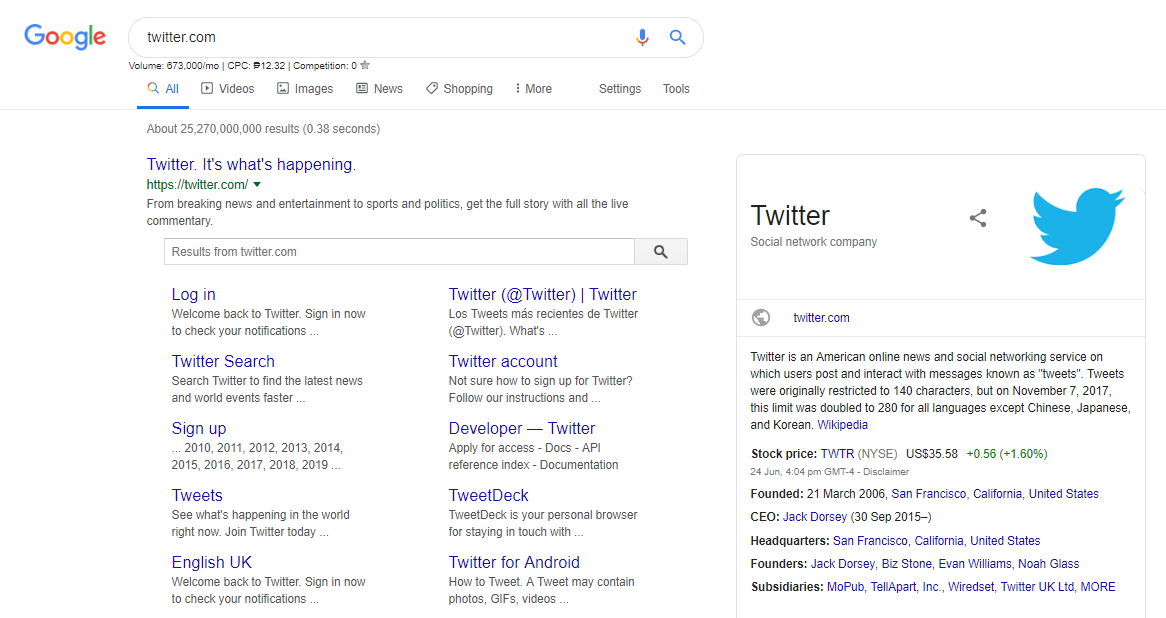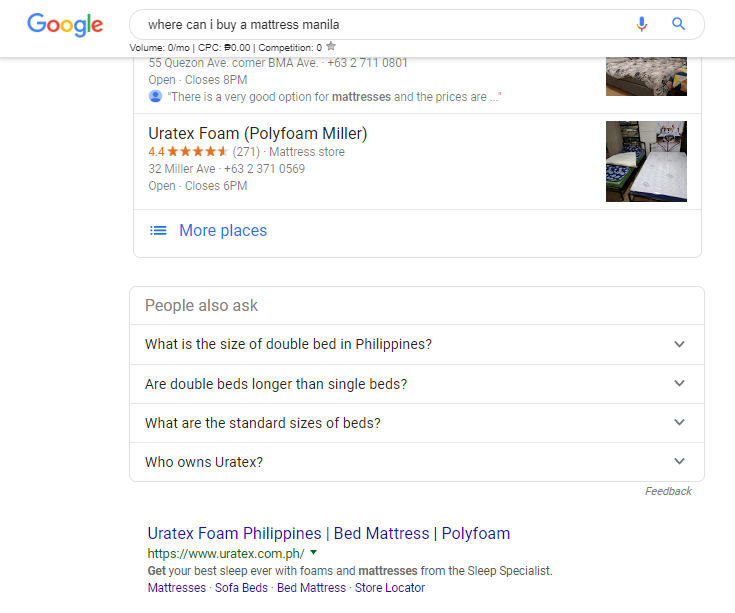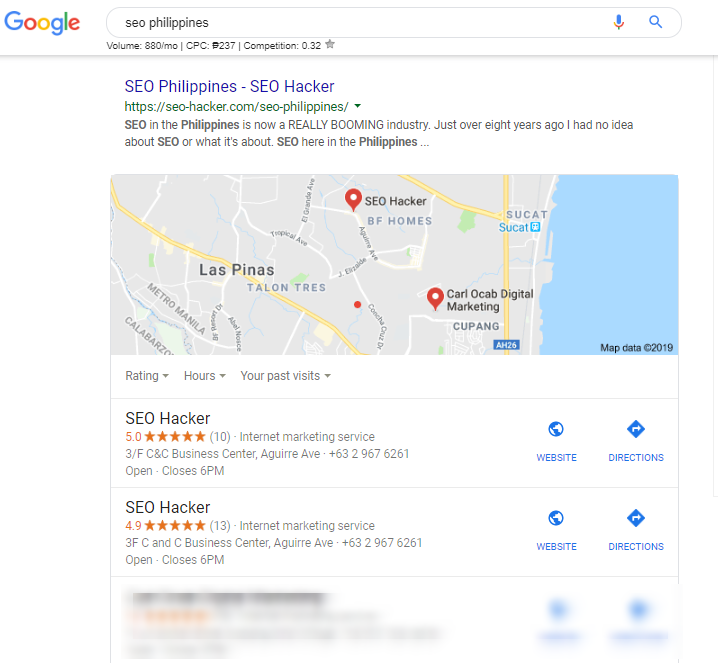Using search intentin your content strategy can be the secret ingredient that takes it from good to great.
The best way to figure out how to optimize our pages for a search query or keyword is to look at what it means.
Even though it seems complicated, search intent is easy to understand if you know the basics of SEO.
Recently, search intent has been found to be one of the most important things to think about when trying to rank on Google for any keyword.
Because search engines rank pages based on how good and relevant their content is, search intent is important.
The pages that come up first in search results are perfect matches for the search term. This is why you should tailor the content of your site to a certain search query.
Here's a guide that can help you understand what search intent is and how to use it to get to the top of the rankings.
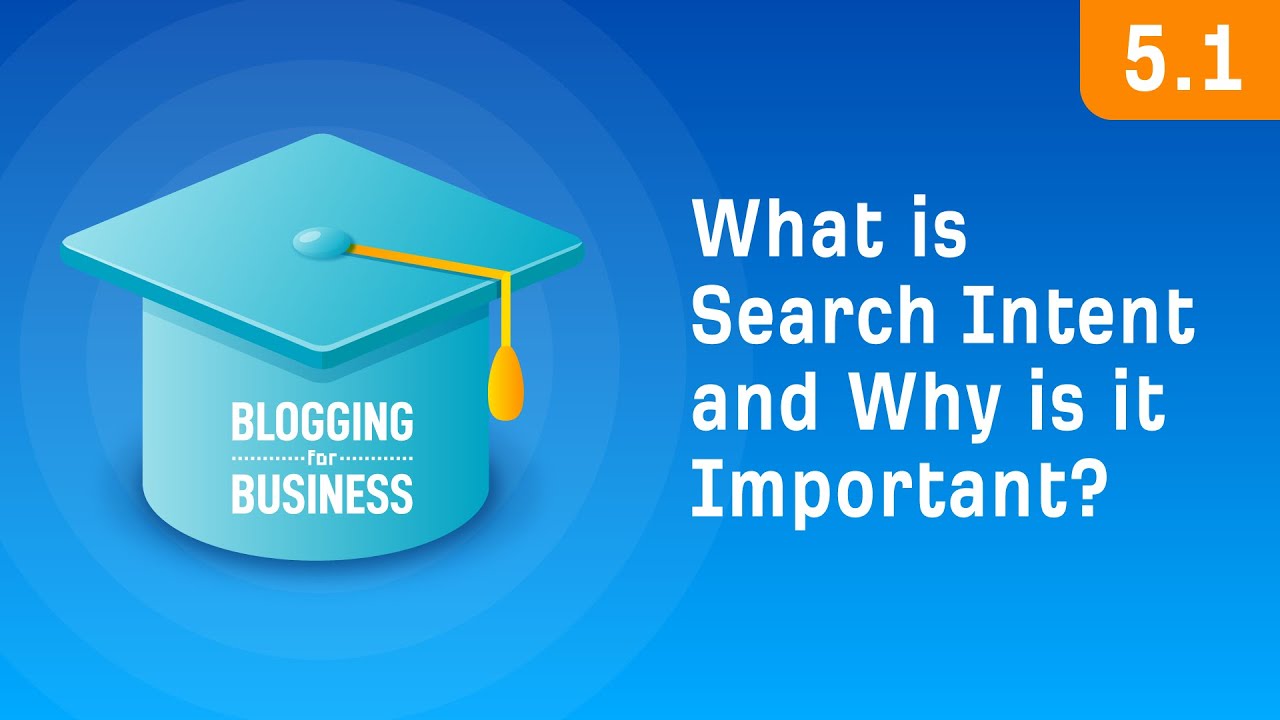
What is Search Intent and Why is it Important? [5.1]
What Is Search Intent?
Search intent is the user's main goal when they type a query into a search engine (also known as user intent).
When people search, they often want to find a certain kind of answer or resource.
Take pizza as an example.
Looking for a pizza recipe is different from looking for a pizza to go, which is different from looking for the history of pizza.
Even though they are all talking about pizza, these users all want different things.
Why Is Search Intent Important For SEO?
Google Cares About Search Intent
The short answer is that Google places a high priority on satisfying user search intent, and as a result, so should SEOs.
Users who search for specific termsand receive irrelevant results are flagged by Google as having a mismatched intent.
It's likely that someone searching "How to build a website" will move on to another search engine after seeing a slew of product pages for CMS platforms and hosting services.
This indicates to Google that the searcher's intent is not being met by the results.
Broaden Your Reach Across Funnel Stages
My advice for running a businessand creating a successful content marketingstrategy is to always keep in mind your customers' search intent and let that guide your content creation process. I cannot stress this enough.
What's the significance of this?
The more users you can reach at different stages of the funnel, the more targeted your content can be to different search intentions.
For those who haven't yet discovered your brand, matching search intent can help you get in front of those who are ready to convert.
You Can Improve Rankings
Improving your keyword targeting to better match search intent is a no-brainer when relevancy, authority, and user satisfaction are three of Google's primary ranking factors.
Your user's actions are what determine relevance.
The likelihood that a visitor will go back to Google to look for something else drops dramatically if they find what they're looking for on your website (pogo-sticking).
You'll see a difference in key performance indicators like click-through and bounce rates when your content is relevant to search intent.
A strong internal linking strategy tells Google, "I have a lot of content covering all angles and intents.
A second way to raise your brand's authority and visibility is to produce high-quality content on topics in which your company has a lot of expertise and that serves multiple purposes.
Types Of Search Intent
Informational Intent
An information seeker has a specific question in mind when they visit a website.
Virtual Office in Manila, for example, is sought after by some.
Landing Pages explain what the product does and how it can help with the specific question they have.
Facts, significant benefits, history, overviews, summaries, and so on are all examples of informational content.
Those with informational intent have a specific question they want to learn about. Some people, for example, look for Virtual Office in Manila. In exchange, a Landing Page will inform them of what it is and how it can assist them with their specific question. Content with an informational intent would typically include facts, significant benefits, history, overviews, summaries, and so on.
Navigational Intent
Users use a search engine to locate a specific website using navigational content.
Navigational terms are ideal if you want customers to find your business quickly.
There are a lot of people competing for the same broad keywords, so you should focus on creating content that will help your site rank higher and bring in more organic traffic.
Transactional Intent
Searchers with transactional intent want to find a site that offers the best value for their money.
For example, as the name suggests, this intent type is all about making a transaction that will benefit both the buyer and the business.
Commercial Investigation
This is similar to the intention to transact, but rather than focusing on a single option, people are considering a number of them.
However, they are already doing research on the best products and services to buy down the road.
A simple product comparison or finding the best plugin would be the most relevant keywords.
How To Determine Search Intent
Consider Keyword Modifiers
Search intent can be inferred from the use of keyword modifiers, as was briefly mentioned earlier.
Knowing the terms isn't enough, and it's important to ask yourself how to find these terms when it comes to keyword research.
Thanks to the abundance of trustworthy keyword research tools, this is no longer an issue.
You can use the search engine's filter features to narrow your search to terms that contain certain modifiers or phrases.
The SERPfeature can also be used to filter keywords.
A good example of this is to use keywords that rank for knowledge panels, related questions, and featured snippets if your goal is to learn something or educate yourself.
Read The SERPs
It's also possible to figure out what people are searching for by looking at the search results.
See what comes up when you type in the keyword you're looking for into Google's search bar.
As a rule of thumb, the type of results that appear will indicate what Google considers to be the most relevant search intent for each term.
Study the search results for each of the various search intents.
Look At The Full Picture
Remember that terms frequently have multiple search intentions, so simply looking at keywords or the SERP is rarely enough to truly define it. Remember that.
Having said that, a comprehensive approach will help you get closer to your main goal.
A keyword may rank for one search intent this month, but not the next, due to the fact that search engine results pages (SERPs) are constantly changing.
People Also Ask
How Do I Use Search Intent?
Examining the SERPs is another way to figure out what a searcher wants.
Type your search term into Google's search bar and see what comes up.
Most likely, the types of results will show what Google thinks is the best search intent for each term.
Why Is Search Intent Important?
Matching the user's search intent helps you build your company's reputation as an expert in your field.
By matching a user's search query with relevant information, you show your audience that you know what you're talking about and can answer their questions about your company, products, and industry.
What Is User Search Intent?
When a person types a search term into a search engine, their "user intent," which is also called "search intent," tells the search engine what they want to find.
Individual keywords are no longer the most important ranking factor in content and search engine optimization. Instead, user intent is now the most important factor.
Final Words
Lastly, a good website gives users the information they need exactly when they need it.
Using informational content, users can learn more about important topics.
With commercial content, they can make better buying decisions.
You can also make it easier for them to find you when they're ready to buy by using transactional and navigational keywords.
